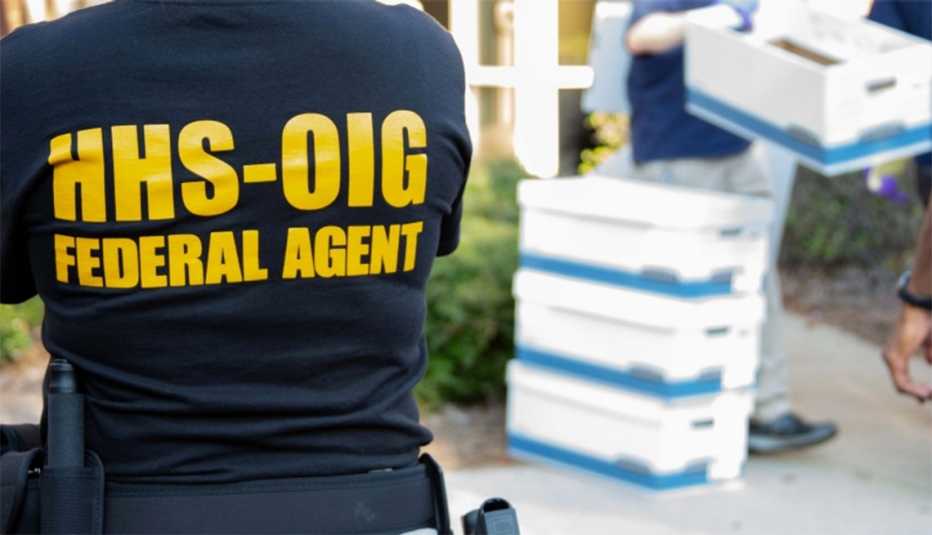AARP Hearing Center


After a sweeping crackdown on bad actors blamed for $2.1 billion in Medicare fraud, federal officials are urging older Americans to refuse offers of “free” genetic testing for cancer.
Equally important, they urged people to safeguard their Medicare identification numbers so they do not fall into the hands of fraudsters.
Federal officials announced on Friday charges against 35 people after a nationwide probe centered on false billings for medically unnecessary genetic tests for cancer.
They said the cases constitute one of the largest frauds in the history of Medicare, which was implemented in 1966 to provide health coverage to Americans age 65 and older.
The crackdown was called Operation Double Helix, named for the description of the structure of a DNA molecule.
The probe, which began last year, ensnared telemarketing firms, patient recruiters, physicians and medical testing laboratories that preyed on seniors. Nine physicians associated with dozens of genetic testing laboratories were among those charged. The defendants live in Florida, Georgia, Louisiana, Texas and South Carolina.
The probe was conducted by the federal prosecutors working with the FBI and the law enforcement arm of the Health and Human Services Department, its Office of Inspector General.
Officials said the case heightens the need for seniors to protect themselves from Medicare billing scams and noted that the genetic testing scam is ongoing.
The fraud occurs when Medicare is billed for a test or screening that is not medically necessary or not ordered by a beneficiary's treating physician.
The first step to avoid getting scammed is to guard your Medicare number, officials said. Share it only with trusted health care providers you know. Don't give it out to a stranger whether in person, on the phone or online — however credible they might sound. Once compromised, a Medicare number can be used in other fraud schemes, costing the program valuable dollars and potentially making beneficiaries personally liable for payments.
Officials advise seniors to refuse delivery of genetic or DNA tests or to return them to the senders unless their personal physicians ordered them. Keep records of the sender's name and the date you returned the test.
If you have a medical concern, be sure your doctor examines you and assesses your condition. While Medicare does cover many genetic tests for diagnostic purposes, it only covers one to screen for cancer.


































































More on Scams and Fraud
Medical Equipment Scams
Avoid medical equipment scams targeting older adults80 Indicted in Alleged $46 Million Fraud Scheme
Many of the victims were older Americans, according to Justice Department